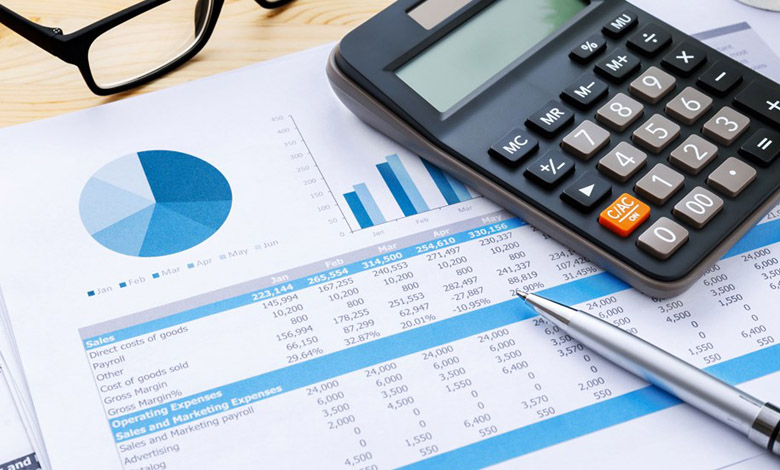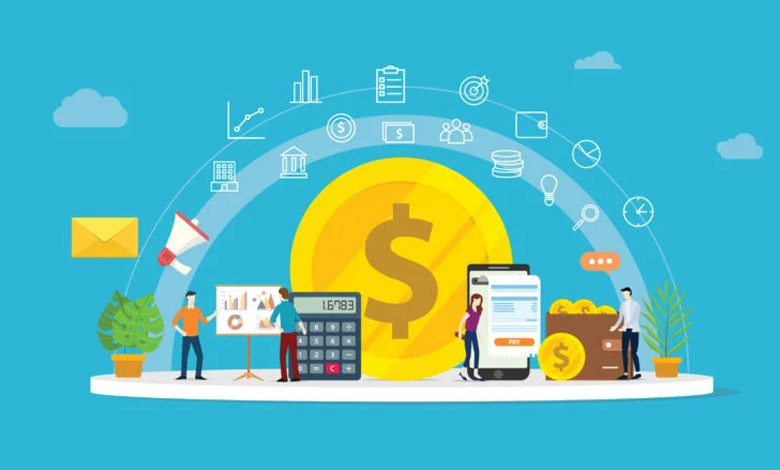Buying a new car can be exciting. However, the value of a car depreciates beginning with the moment you drive it off the lot. As a result, if you purchase a car with unfavorable financing terms, you could be paying for a car long after its resale value has decreased below what you are paying for the car. Other factors may contribute to making a car a better or worse overall bargain. Using an annual percentage rate (APR) calculator to compute your monthly payments can help you determine whether the financing terms that you are being offered are actually favorable, or if the purchase itself is a good idea.
Elements of an Auto Loan
When you purchase a new car, you must look beyond the sticker price to determine the actual cost that you will pay. For instance, the elements of a typical auto loan include not only the sticker price (principle) but also the APR, the length of the loan, the value of any down payment or trade-in and the amount of the balloon payment due at the end of the loan term, if any. Altering the amounts of any of the elements included in the loan will have an affect on the other elements. Altering certain elements of an auto loan can also determine the total price that you pay for your car.
Bursting the Balloon (Payment)
For instance, many car loans include a large balloon payment at the end of the loan term. The inclusion of a balloon payment reduces the size of regular monthly payments that you must make. The principle behind including a balloon payment is that you will have more time to accumulate the funds necessary to satisfy that obligation and therefore own the car free and clear. However, without proper planning, you may find yourself at the end of your loan term with a seriously devalued car and facing a payment that you cannot afford. By using estimates that include results generated by an APR calculator, you can compute how much you should increase your down payment or monthly installment payments to reduce the looming balloon payment to something closer to a regular monthly installment payment.
Using an APR Calculator to Computer a Faster Payoff
Making a larger down payment, or receiving a larger credit for the trade-in for your old car can also allow you to pay off your car loan faster, and may reduce the total amount that you pay for the car. You can use an APR calculator along with a loan calculator to plug in different down payment and monthly payment amounts to compare how of an affect each change will make. You may find that the additional amount you would have to offer as a down payment or make in monthly installments is more than you can afford in relationship with the rest of your budget. On the other hand, you may be pleasantly surprised to learn that with modest adjustments in your down payment or monthly installments that you can pay off your car completely several months earlier than the stated terms of your car loan.
Other Auto-Related Costs
In determining the true cost of your car, you must account for related costs that are not included in the terms of your loan. For instance, license tags, insurance, maintenance, petrol and parking fees all add to the cost of owning and operating a car, and yet none are typically included in either the sticker price or the terms of the car loan. However, you can account for at least some of these expenses in a loan calculator along with an APR calculator to determine the true monthly cost you will incur for a particular car.
To construct an expanded loan calculator along with an APR calculator, determine the yearly insurance fee for covering the car you want to buy, the average petrol mileage plus a rough estimate of your monthly driving mileage, average estimated costs for regular maintenance such as oil changes and tune-ups and the average yearly cost for any parking or garage fees. You can even make side-by-side comparisons of the ownership costs associated with two or more different cars. The results of your comparison may reveal that despite its lower sticker price, the petrol-guzzling used car you were considering may actually be more expensive in the long run than a fuel-efficient new car.



